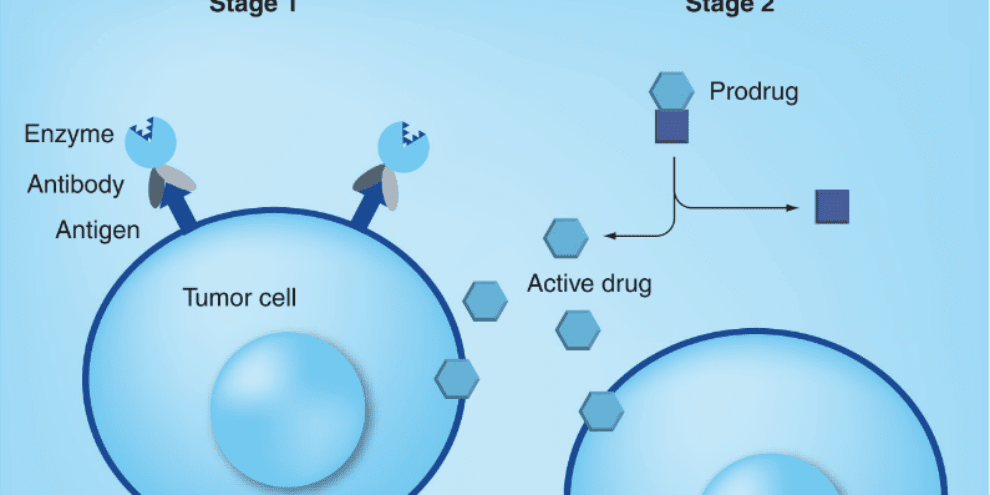Antibody-drug conjugates
-
Antibody-drug conjugates
Antibody-enzyme conjugates for therapeutic applications
Antibody-enzyme conjugates represent a small but growing field of study within the vast topic of payloads for antibody-drug conjugate (ADCs) production. These therapies exist in two main forms, the…
-
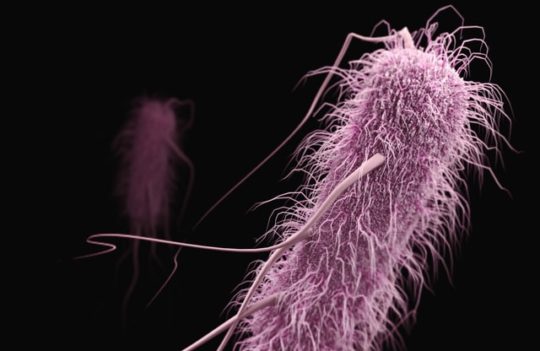
Immunotoxins: protein toxins as payloads of ADCs
When conjugated to antibodies and used in combinatorial therapeutic applications, protein toxins are typically referred to as fusion proteins or… Read More
-
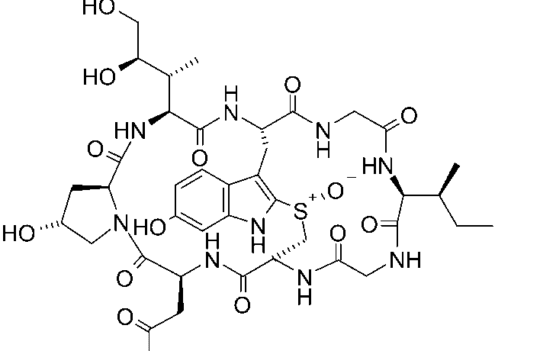
DNA-damaging agents and transcription inhibitors as payloads of ADCs
DNA-damaging agents are one of the major classes of payloads used in antibody-drug conjugate (ADC) development. Unlike tubulin inhibitors, most… Read More
-
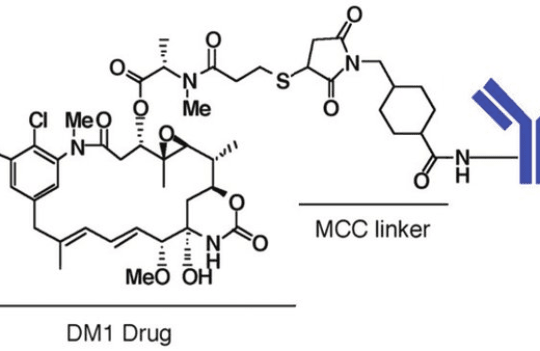
ADC linkers: Definition and examples
ACD linkers can be divided into several classes according to their structure and mechanism of action. Linker chemistry dictates… Read More
-
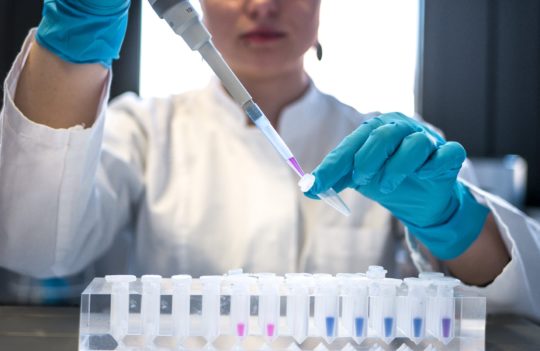
Linker technology for ADC generation
Experts believe that most challenges tied to the production of ADCs can be overcome by creating better linkers for… Read More
-
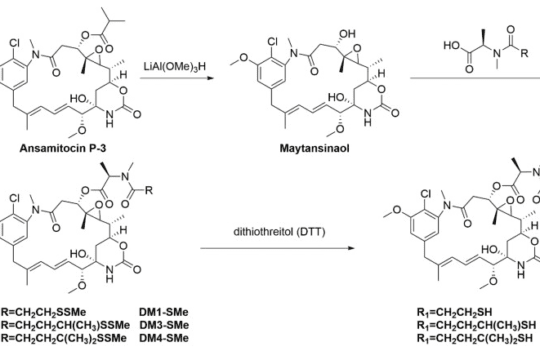
Tubulin inhibitors as payloads of ADCs
Payloads are the pharmaceutical component of antibody-drug conjugates (ADCs). Often these components are small drugs too toxic to be administered… Read More
-
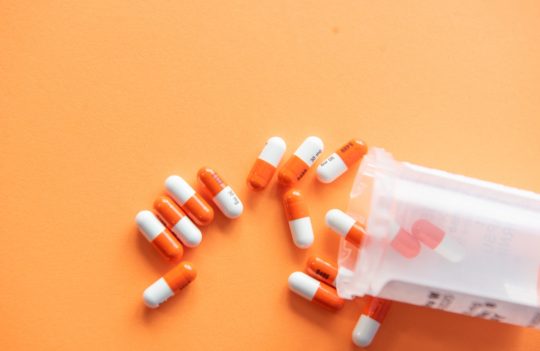
ADC payloads
Antibody-drug conjugates (ADCs) are an emerging class of pharmaceuticals designed to deliver highly toxic cargoes (payloads) to clinical targets. Read More
-
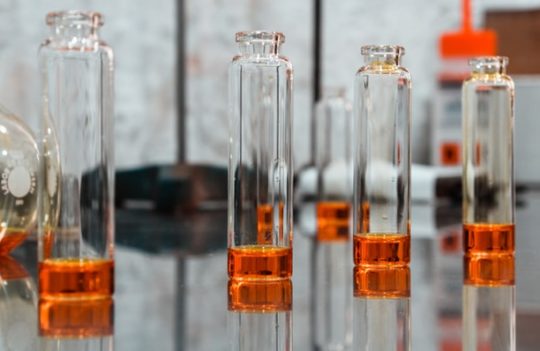
Cleavable linkers for ADCs
Cleavable linkers are a major class of linkers used in ADC development. As their name indicates, they have inbuilt… Read More
-
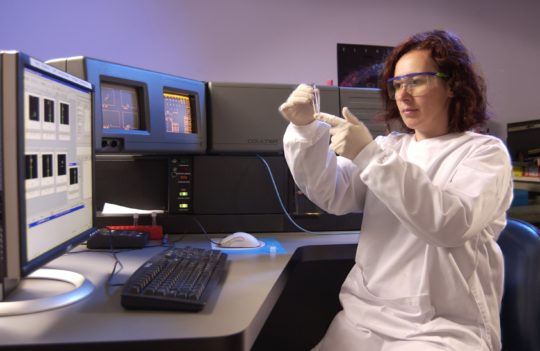
Non-cleavable linkers for ADCs
Different linker chemistry approaches have been developed since the inception of ADCs. Currently, cleavable and non-cleavable linkers are the… Read More
-

How to choose the best linker for an ADC? Cleavable vs. non-cleavable
Antibody-drug conjugate linker chemistry has greatly evolved since the development of the first molecules. Linkers can be defined as… Read More
